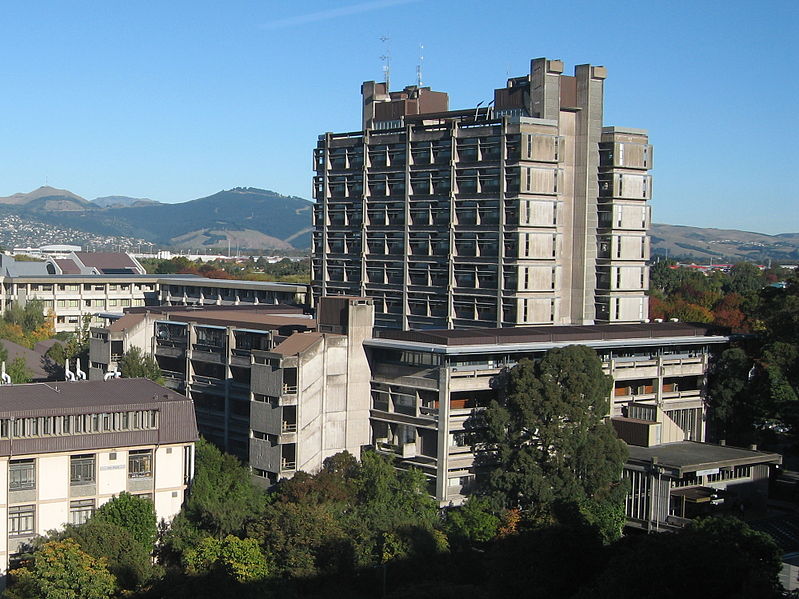In September 2010 the Canterbury region was hit by a 7.1 magnitude earthquake. This event took place near the end of the second term of semester 2 and created a number of problems for students finishing their assignments and sitting examinations. After remediation of buildings and the rethinking of spaces and how they were being utilised the UC library service (alongside the rest of the University) was ready for Semester 1, 2011. Day two of the semester started well, however the Canterbury region was to again experience a strong earthquake, this time it reached 6.3 on the Richter scale and caused death and devastation across the Canterbury region. This paper will explore how the Library contributed to the retention of students over the months that were required to get the University back up and functioning and how existing and new Library services were adapted and adopted to ensure that they met the needs of students and academics living and working in a changing physical landscape located in an active seismic area.
Decide to become a librarian after working as a student helper at the University of Otago while studying for my BA. After qualifying I began my library career in a special library in Melbourne. I then worked as a library consultant for a company selling and supporting Inmagic as well as taking on the setting up of physical libraries. After returning to New Zealand in the mid 1980’s I started working at ATI later to become AUT where I held a variety of roles. During that time I was also the CONZUL representative on EPIC, and thoroughly enjoyed my term as Chair. In 2008 I took up the position of Associate University Librarian at University of Canterbury.
Bungies system were used for the shelves in Macmillan Brown University #p234 #iatul2012 twitter.com/iatul2012/stat…
— IATUL 2012 (@iatul2012) June 5, 2012
Lessons learned: robust online services ensured that the library online resources were never off line #p234 #iatul2012
— IATUL 2012 (@iatul2012) June 5, 2012
Users were desperate to access the collection which was difficult to achieve #p234 #iatul2012
— IATUL 2012 (@iatul2012) June 5, 2012
Co-ordination and communication was difficult post-earthquake #p234 #iatul2012
— IATUL 2012 (@iatul2012) June 5, 2012
Lack of physical space following the earthquake #p234 #iatul2012 twitter.com/iatul2012/stat…
— IATUL 2012 (@iatul2012) June 5, 2012
Massive amount of book stock fell to the floor in both quakes in the Central Library #p234 #iatul2012 twitter.com/iatul2012/stat…
— IATUL 2012 (@iatul2012) June 5, 2012
Very little book stock disturbed in earthquakes #p234 #iatul2012 twitter.com/iatul2012/stat…
— IATUL 2012 (@iatul2012) June 5, 2012
“I leaned back in my chair when the tile fell!” #p234 #iatul2012
— IATUL 2012 (@iatul2012) June 5, 2012
EPS Library after the earthquake #p234 #iatul2012 twitter.com/iatul2012/stat…
— IATUL 2012 (@iatul2012) June 5, 2012
Canterbury was affected by an earthquake magnitude 7.1 &in 2010 #p234 #iatul2012
— IATUL 2012 (@iatul2012) June 5, 2012



I must express my appreciation to you just for bailing me out of such a problem. Right after scouting throughout the world-wide-web and coming across concepts which are not pleasant, I figured my entire life was done. Existing minus the answers to the difficulties you have fixed by way of your entire website is a critical case, and the ones which might have in a wrong way affected my entire career if I hadn’t discovered your web blog. Your primary competence and kindness in touching every aspect was precious. I am not sure what I would have done if I hadn’t discovered such a thing like this. I can now relish my future. Thanks for your time very much for your professional and results-oriented guide. I won’t hesitate to suggest your web site to anybody who needs to have tips about this problem.